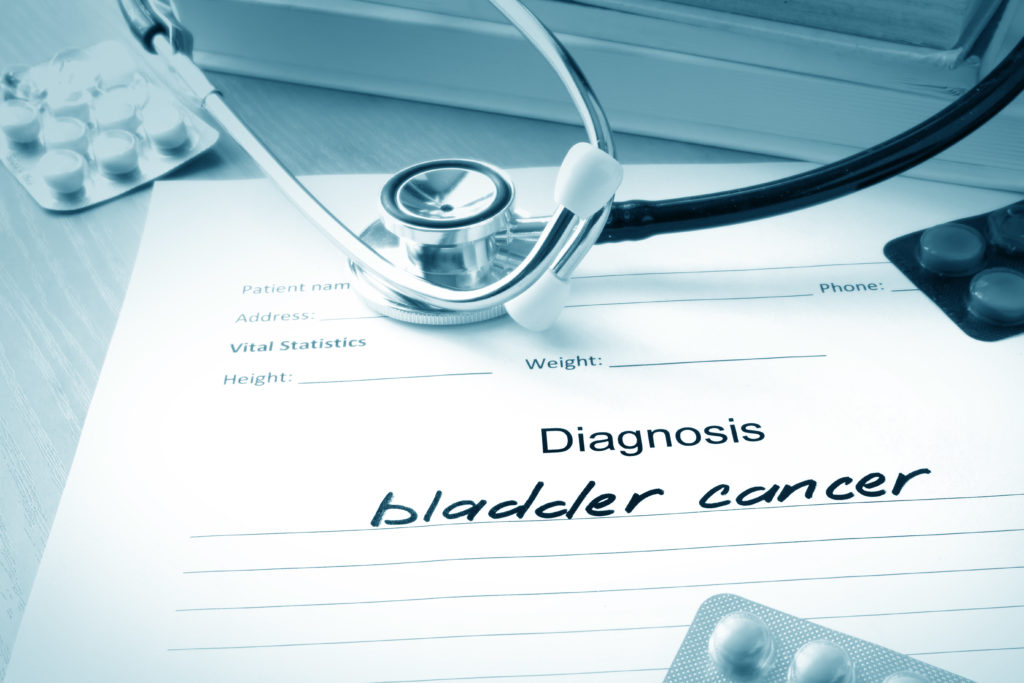
What You Think Is A Bladder Infection Could Be..
Bladder Cancer Risks
According to the American Cancer Society, bladder cancer is a rare form of cancer and affects mostly older people. 90% of bladder cancer patients are over 55 years of age. This disease is more prevalent in men than women and represents 5% of new cancer cases in the US.
Bladder cancer occurs when cells in the urinary bladder grow uncontrollably. Since cells are the building blocks of your tissues, these tissues include your bladder and other organs in your body. When the cells are healthy, they grow and divide, forming new cells. However, when these healthy cells age or are damaged, they die, and new cells replace them. But, if new cells form and the body does not need them and old or damaged cells don’t die, this creates additional cells which can form a mass of tissue which is a tumor.
As the cells continue to grow and develop, tumor forms and can spread to other parts of the body. One of the organs which can be affected is the bladder. The bladder is a hollow organ consisting of muscular and flexible walls. It helps to store urine and your liquid waste which is made by your kidneys before it leaves the body. The urine produced by your kidneys travels to your bladder through your ureters tubes. When you use the bathroom, your bladder contracts and urine is removed from the bladder via your urethra.
Most bladder cancer occurs in the lining of the bladder known as the urothelium or transitional epithelium. When tumors grow on the walls of the bladder, the disease advances and treatment becomes more difficult. When the cancer is not treated within the walls of the bladder, it can spread to other parts of your body including your bones, lungs, liver, or lymph nodes.
Types of Bladder Cancer
According to the American Cancer Society, there are several types of bladder cancer:
1. Urothelial carcinoma (transitional cell carcinoma)
TCC is the most common form of bladder cancer. This cancer starts in the urothelial cells which line the bladder. These cells are part of your urinary tract and the part of your kidney which is connected to your ureter or renal pelvis, the ureters, and urethra. Tumors are common in this area, so the entire urinary tract is usually checked to ensure it is tumor-free.
Bladder cancer is diagnosed as being invasive or non-invasive. When you receive a bladder cancer diagnosis, your Physician will diagnose cancer based on how far it has invaded the walls of the bladder. If it is non-invasive, the cancer is still in the inner layers of the cells and has not spread into the deeper layers. If it is invasive, cancer has expanded into the deeper layers of the bladder wall. When this happens, the treatment can be more difficult since the cancer is more likely to have spread.
2. Papillary versus flat cancer
Bladder tumors can have subtypes as well. They fall into two categories, papillary carcinomas versus flat carcinomas. Papillary carcinomas grow in the form of slender and flinger-like projects on the inner surface of the bladder towards the center of the bladder. These are usually non-invasive cancers. Flat carcinomas, on the other hand,








